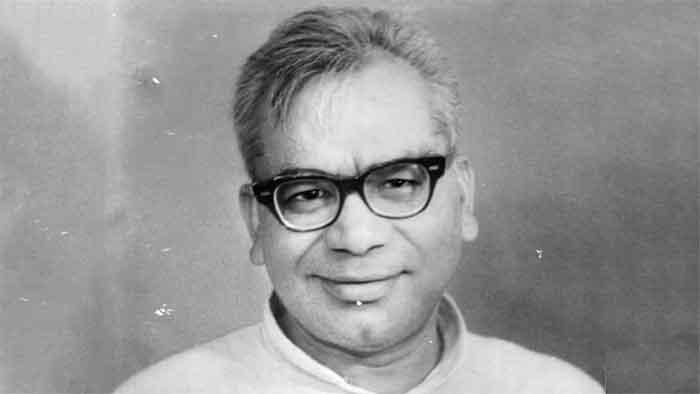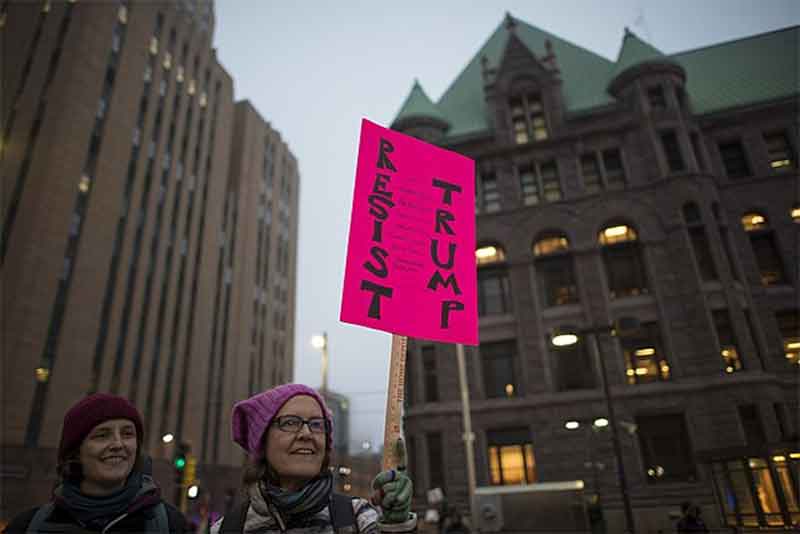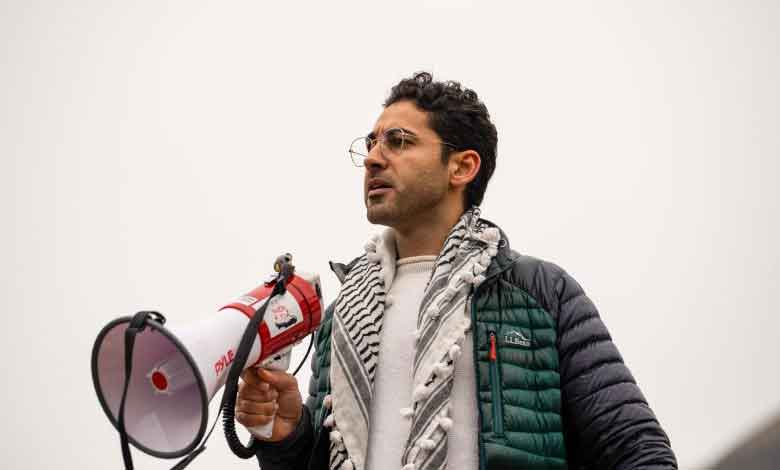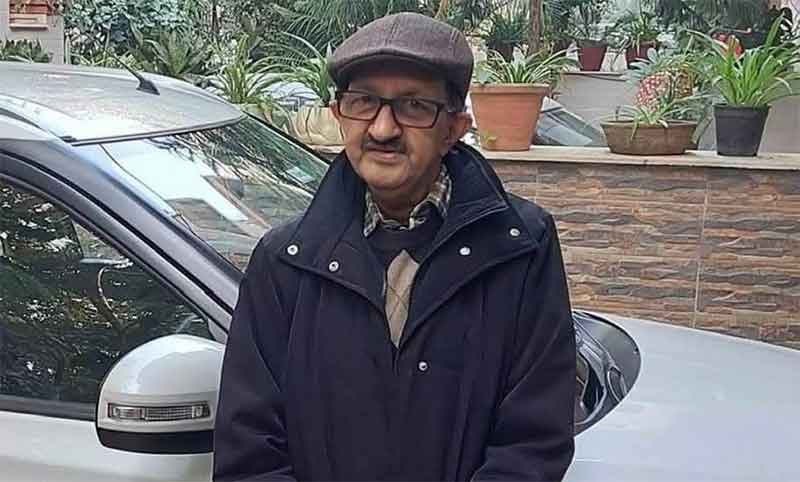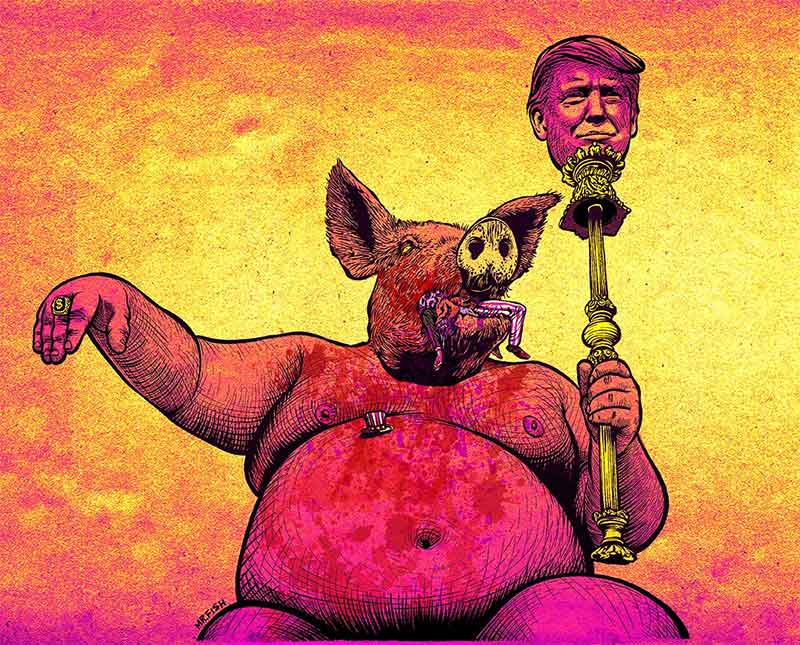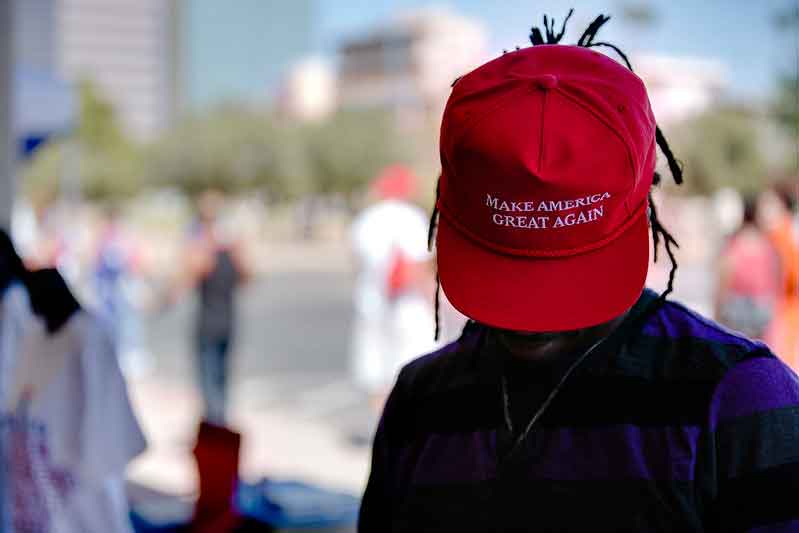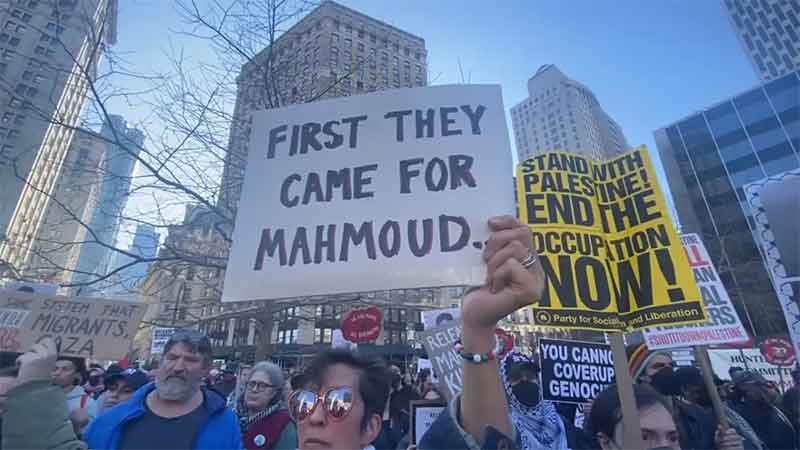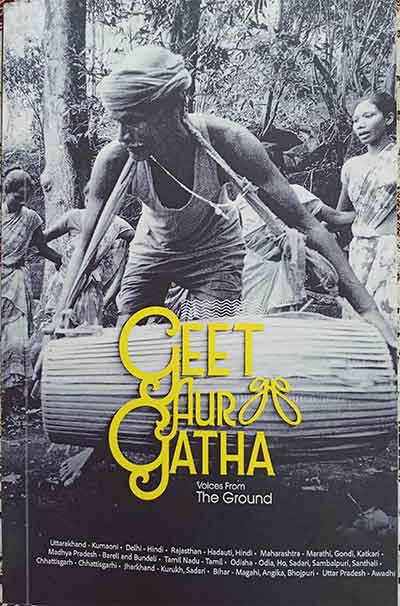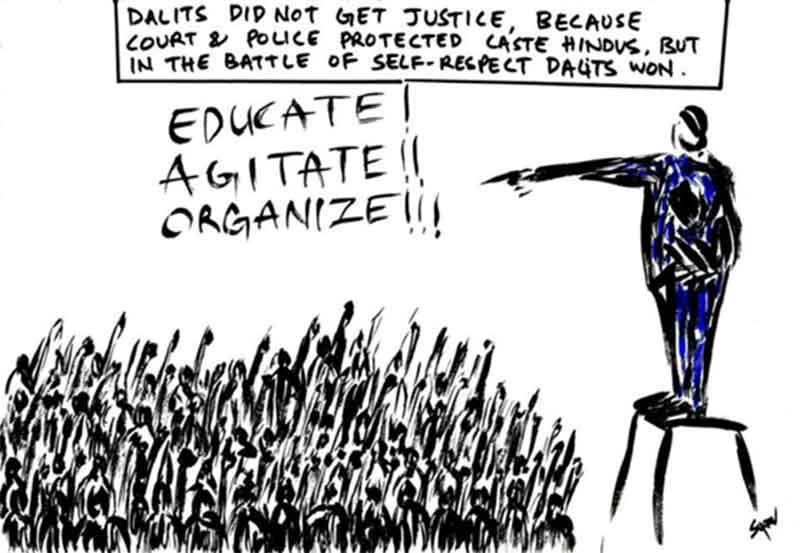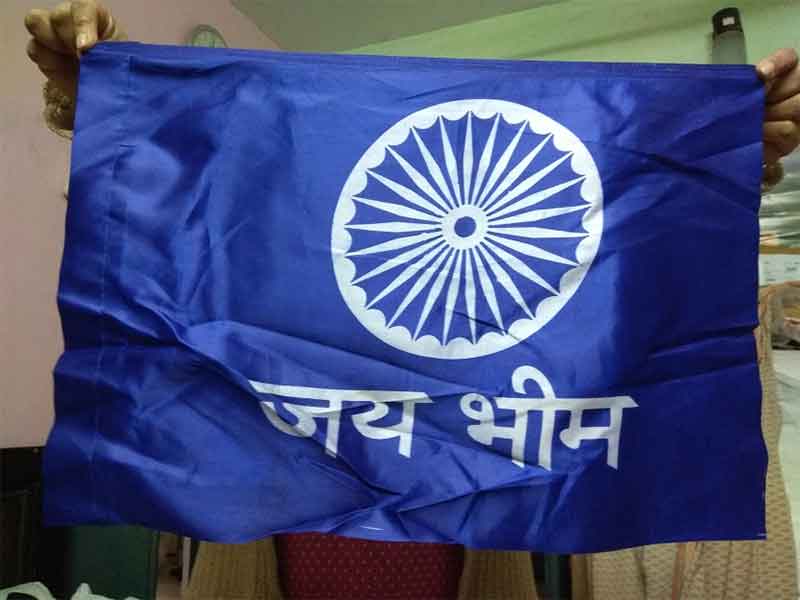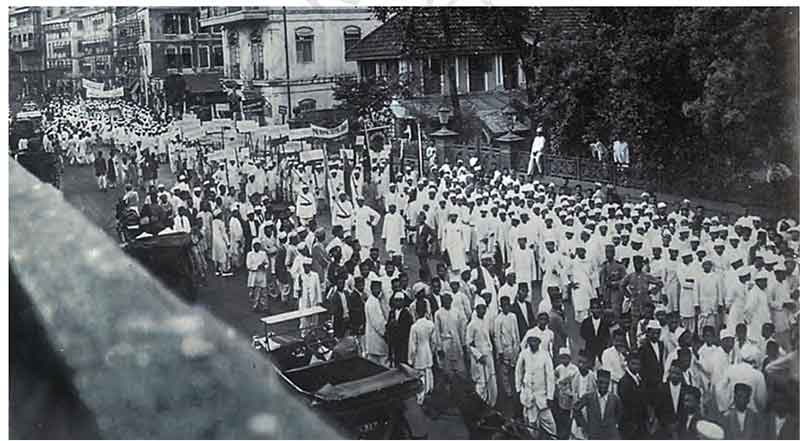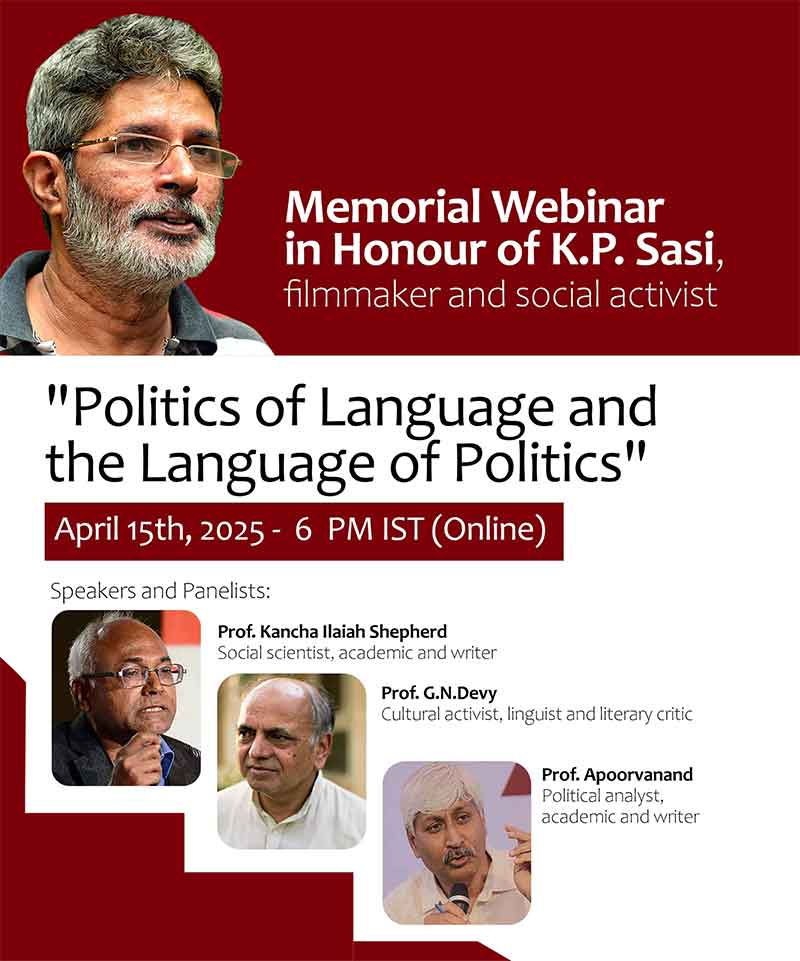
Three decades ago, when I was a child, I tasted Rooh Afza sharbat (sweet drink) for the first time—and instantly fell in love with it. It was during the wedding of my maternal uncle’s son that I first drank it, and from that moment on, I became an instant fan. Marriage festivities, iftar gatherings, and the summer season all began to feel incomplete without the aromatic red delight of Rooh Afza. Whenever I got the chance to enjoy it, it would quench my thirst perfectly. Interestingly, I only came to know the brand name of the sweet red beverage much later.
Even in my wildest dreams, it never occurred to me to question whether the product was manufactured by a Muslim-owned company, nor did I ever think that, as a non-Muslim, I should prefer an alternative made by someone of my own faith. In a recent video circulated on social media, yoga guru and businessman Baba Ramdev can be heard calling on consumers to boycott a specific beverage, asserting that the proceeds from its sale are being used to finance madrasas and mosques. While he did not name the product explicitly, it is reasonably clear that his remarks were aimed at Rooh Afza. His appeal appeared to be strategically directed at the Hindu majority, invoking communal undertones.
Remember that Rooh Afza is a very popular product manufactured by the Muslim-owned company Hamdard in India. According to media reports, Rooh Afza’s annual turnover is in crores, with lakhs of bottles sold each year, forming a major share of the company’s revenue. The product is not only popular in India and other parts of South Asia, but it is also exported to West Asian regions.
The success of Hamdard stands in stark contrast to the economic marginalization of Indian Muslims. A significant portion of Muslims work as urban laborers, earning their livelihood amid systemic discrimination faced by the community. Ramdev is making a concerted effort to capture a substantial share of Rooh Afza’s market for his own product. If he succeeds in reducing Hamdard’s share in the sugary beverage market, it could result in a loss of livelihood for an already marginalized population. What’s most troubling, however, is that instead of competing through product quality and pricing, Ramdev is resorting to unethical business practices by attaching religious identity to the product—turning commerce into a tool for communal polarization.
Preparing the ground for the economic boycott of Muslims, Ramdev reportedly said in a video—as cited in a report by a news web portal (News18, April 12, 2025): “There’s a company that gives you sharbat, but the money it earns is used to construct madrasas and mosques.” He appealed to [Hindu] consumers, saying: “If you drink that sharbat, madrasas and mosques will be built. But if you drink this [Patanjali’s rose sharbat], gurukuls and Acharya Kulam will be built and developed, and Patanjali University will expand.”
Ramdev is notorious for making anti-minority statements and for playing the religious card. For example, in one of his videos related to a speech delivered on February 2, 2023 in Barmer, Rajasthan, Ramdev claimed that Muslims and Christians are “obsessed” with “conversion.” He didn’t stop there and went on to say: “Our Muslim brothers commit a lot of sins, but I have seen that they will definitely pray. Because that’s what they have been taught, just pray, do whatever else you want to do. They became terrorists, and a lot of them become criminals” (Wire, February 12, 2023).
By airing anti-minority sentiments, he serves multiple purposes. He appeases the ruling Hindutva forces while maintaining his image as a Hindu religious figure. By constructing the persona of a religious leader from the majority community and exploiting anti-minority rhetoric, he markets and sells his products. It is his ability to manipulate political leaders to serve his own interests—and his strategic use of communal messaging to promote his brand—that has led opponents to sarcastically refer to him not as Baba Ramdev (which denotes a spiritual guru), but as Lala Ramdev.
The term Lala carries different meanings and connotations. While it is sometimes used to show respect or to refer to a member of the upper caste—and is affectionately used by elders when addressing younger individuals—it is also commonly used to describe traders, shopkeepers, and those engaged in business. In the case of Ramdev, it is the latter meaning—as a businessman—that he is referred to as Lala.
The critics of Ramdev are of the opinion that his image as a Yoga guru is merely a mask behind which he conducts pure business. To sell his products, he compromises ethical business practices by polarizing customers along religious lines. This is evident in his recent attempt to demonize Rooh Afza sharbat by exploiting Islamophobic discourse surrounding madrasas and mosques.
However, there is a strong concern that Ramdev’s anti-Rooh Afza remarks are not merely individual statements, nor are they the product of a whimsical mind. Rather, they appear to be part of a larger communal conspiracy aimed at breaking the economic backbone of the minority Muslim community. The primary purpose of airing such Islamophobic remarks is to instill fear in the hearts of the majority Hindu community against Muslims.
Popular culture, cinema, mainstream media, and troll armies active around the clock on social media are all employed to create, fuel, and perpetuate an atmosphere of hate. The broader game plan is to blame Muslims for everything that goes wrong in society, portraying them as a burden on national progress and treating them as outsiders to the mainstream. They are demonized as unpatriotic and depicted as a threat to the social fabric of the nation. Muslims are deliberately stigmatized, demonized, and portrayed as a perversion of the majority community to lay the groundwork for economic and social boycotts.
In the case of Dalits, we have seen how the cruel practice of untouchability not only kept a large section of the population segregated but also deprived them of every economic opportunity. A Dalit was often forced to work as a landless laborer or urban proletariat because the practice of untouchability barred them from entering trade or business.
Similarly, the heightened communal polarization—where Muslims are dehumanized and stigmatized—contributes to their increasing economic marginalization and the establishment of an economic apartheid. While other successful democracies are creating incentives for minorities and marginalized communities to thrive in business, the communal politics in the world’s “largest” democracy is targeting vulnerable communities and triggering their economic downfall.
As Dr. B. R. Ambedkar, the messiah of the downtrodden and the chairman of the drafting committee of the Indian Constitution, repeatedly said, no democracy can succeed without protecting the rights and interests of its minorities. Likewise, a society where minorities remain backward cannot achieve true prosperity. The most disheartening aspect of Indian politics today is that the ruling classes—despite swearing allegiance to a secular Constitution—are complicit in the communal agenda to isolate, segregate, and deny fair opportunities to its minority communities.
Dr. Abhay Kumar holds a PhD in Modern History from the Centre for Historical Studies, Jawaharlal Nehru University. His forthcoming book explores Muslim Personal Law. Email: [email protected]




